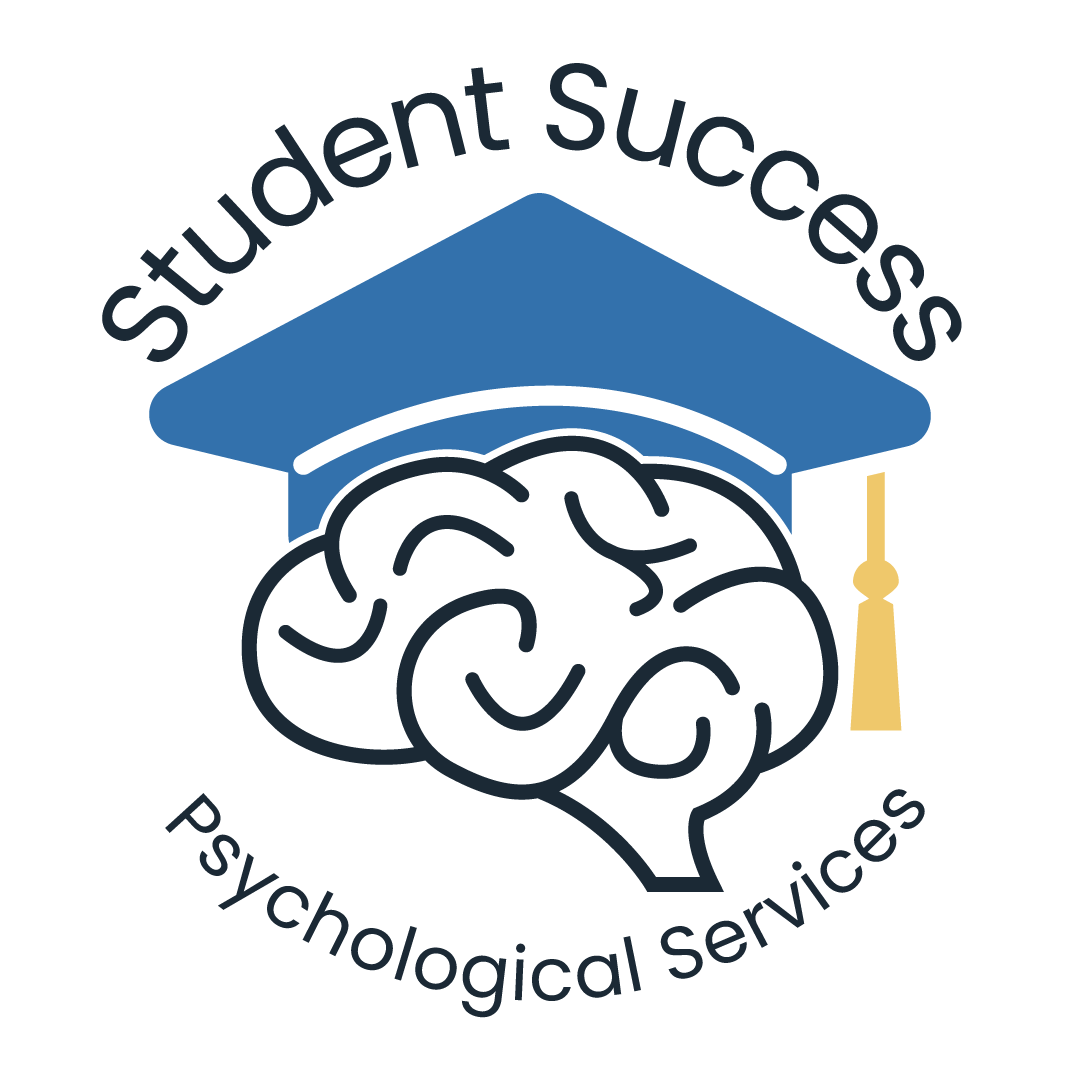A Parent’s Guide to Cognitive Behavioral Therapy (CBT)
You may have heard a school counselor or doctor mention CBT—short for Cognitive Behavioral Therapy—as a helpful tool to help children and teens struggling with mental health. But what exactly is CBT, and how can it help your child? This guide will help break down CBT in simple terms so you can feel confident in understanding and exploring this option for your child.
What is CBT?
Cognitive Behavioral Therapy is a structured and goal-oriented form of therapy that helps children understand how their thoughts, feelings, and behaviors are connected. For example, when kids have negative thoughts like “I’m not good at anything,” it can make them feel discouraged or anxious, and that might lead them to avoid trying new things. CBT helps them notice those unhelpful thoughts, challenge them, and replace them with more balanced, realistic ones. CBT focuses on helping kids learn the skills to manage their emotions and handle everyday challenges and stressors more effectively.
Research has shown that CBT can lead to meaningful improvements in both daily functioning and overall quality of life. In many cases, it is as effective, or even more effective, than other types of therapy or medication.
The three main principles, according to the APA, that CBT is centered on are:
Psychological problems are based, in part, on faulty or unhelpful ways of thinking.
Psychological problems are based, in part, on learned patterns of unhelpful behavior.
People suffering from psychological problems can learn better ways of coping with them, thereby relieving their symptoms and becoming more effective in their lives.
How Does CBT Help?
CBT is widely used because it’s backed by research and proven to be effective. It can help children and teens manage mental health conditions such as:
Anxiety
Depression
ADHD
Phobias
Studies have also shown CBT to be effective in helping in other areas of life, not just for those with mental health conditions. Some of these include, but are not limited to:
Behavioral challenges
Sleep difficulties
Coping with trauma and life stressors
Coping with big life changes
Conflict resolution (friendships, relationships, etc.)
What Can You Expect from CBT for Your Child?
Talking about life situations.
CBT gives your child the opportunity to talk about situations in their life that are causing stress or emotional difficulty. These might include things like coping with a medical condition, experiencing family changes such as divorce, managing grief, dealing with anger, or facing symptoms of anxiety or depression. Early in the process, the psychologist will work with you and them to identify which issues are most important to focus on and what goals they would like to work toward.
Awareness of thoughts and feelings.
As therapy progresses, your child will begin to explore the thoughts, feelings, and beliefs they have about these situations. They’ll be encouraged to talk about how they interpret what’s happening around them—what they tell themselves in difficult moments, and what they believe about themselves, other people, and the world. This process, sometimes called identifying “self-talk,” helps kids start to understand the connection between their thoughts and emotions. Therapists may also encourage children to keep a simple journal or use drawing, worksheets, or storytelling to capture these thoughts in a kid-friendly way. This will encourage them to recognize the unhelpful parts of their thinking that are leading to uncomfortable feelings and undesired behaviors.
Awareness of patterns.
A key part of CBT is learning to recognize patterns, especially patterns of thinking or reacting that may be making things more difficult. Through conversations and simple exercises, children will begin to notice how they tend to respond in certain situations, both emotionally and physically. This kind of self-awareness builds the foundation for change.
Challenging those patterns.
Once those unhelpful patterns are clear, your child will begin learning how to reframe unhelpful thoughts. For example, they’ll practice asking themselves whether a thought is based on facts or just feelings. This step can be tough, especially if your child has been thinking a certain way for a long time. However, with support and regular practice, kids begin to develop healthier, more realistic ways of thinking, and those new habits can become second nature over time. They will begin to use problem-solving skills to cope with difficult situations, display greater confidence in their own abilities, learn to calm their mind and bodies, and gain a better understanding of themselves.
What is the Parent’s Role in CBT?
While CBT focuses on the child’s thoughts, feelings, and behaviors, psychologists often involve parents in the process, especially for younger kids. You might be asked to sit in on part of a session, try out new strategies at home, or reinforce new thinking and behavior skills. With parental support and implementation of these new strategies in the home environment, the skills your child learns in therapy can carry over into real-life situations more effectively.
How do I know if CBT is a good fit?
CBT could be a helpful approach if your child seems stuck in negative thought loops, worries excessively or avoids things out of fear, is feeling hopeless or down, has trouble managing anger or frustration, or needs tools to build confidence and cope with stress. It is commonly recommended by pediatricians, school psychologists, counselors, and other mental health professionals.
For children, CBT is typically a short-term structured therapy that can last anywhere from 5 to 20 sessions. It is especially effective with children and teens because it’s interactive, skill-based, and tailored to their developmental level. Getting started typically involves an initial appointment, called an intake appointment, where the psychologist meets with you and your child to understand their history, strengths, and challenges. From there, you and the psychologist will develop a plan that’s tailored to your child’s specific needs and goals.
If you are interested in CBT for your child, Student Success Psychological Services can help. https://www.studentsuccesspsych.com/contact


